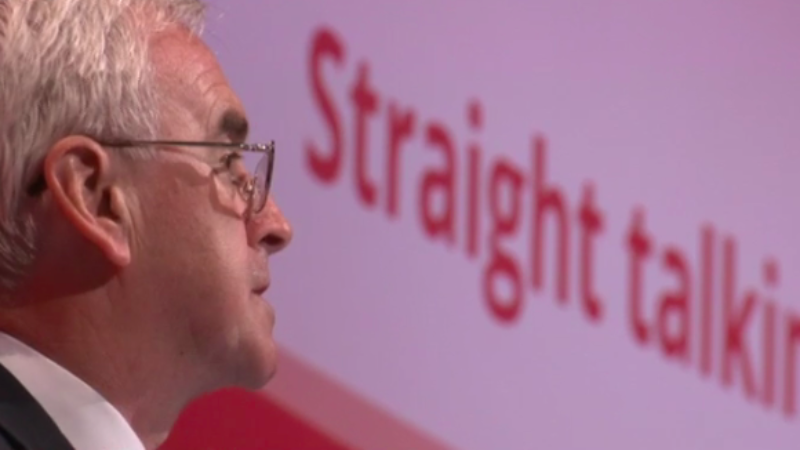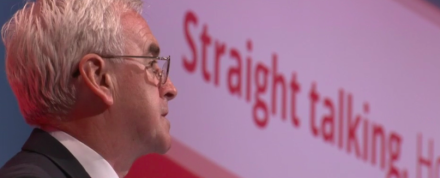

Shadow Chancellor John McDonnell confirmed this afternoon that Labour will reverse the Tories’ cuts to tax credits if they follow through with implementing the policy, after research published today shows that the move could cost the Conservatives’ their majority in 2020.
Millions will be affected by the cuts to working tax credits, with families being hit by £1,300 a year on average. Research released by the House of Commons library has found that the number of families hit is about 3.2 million – while the amount of voters affected is larger than the Conservative majority in dozens of marginal seats.
Labour have collected this research ahead of an opposition day debate on the issue this Tuesday. You can see which marginal seats’ majorities are at risk, and which are not, below.
This afternoon, McDonnell confirmed that Labour would reverse the tax credit cuts, after some confusion about the party’s plans this morning.
We are calling on Osborne to reverse his decision to cut tax credits.If he doesn't reverse these cuts,we're making it clear that we will.
— John McDonnell MP (@johnmcdonnellMP) October 18, 2015
Shadow Chief Secretary to the Treasury Seema Malhotra also sought to clarify the party’s position, saying they will reaffirm their commitment to reversing the cuts during Tuesday’s debate. She said:
“On Tuesday we are calling for Osborne to reverse his decision to cut tax credits next April. The Tories have the chance to do the right thing. If they don’t reverse these cuts, we will be making it clear on Tuesday that we will.”
Here is the list of the 70 Tory Seats with smallest majority, of which almost all have more people hit by tax credit cuts:
And here are 10 further Conservative-held seats where the number affected by tax credit cuts is greater than the majority:




More from LabourList
‘Turning public services around: Haringey’s story of child protection’
‘Can Labour turn the green tide back to red?’
Tom Belger column: ‘Why is Labour making migrant exploitation easier?’